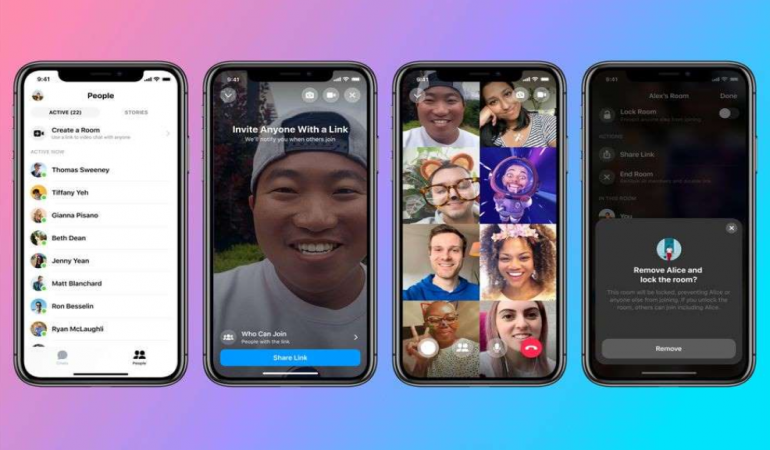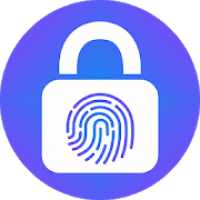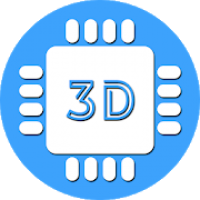iOS 13.5 beta comes with coronavirus-related features
Contact tracing, FaceID for mask-wearers, and FaceTime changes

Earlier this month, Apple and Google announced their Covid-19 contact tracing plan. The platform, built directly into their respective mobile operating systems, works like this: Bluetooth detects when two people are in proximity, at which point their phones swap anonymous identifiers (randomly generated keys). If someone gets diagnosed with Covid-19, they can allow their device to send a list of everyone they’ve been in contact with to the cloud. Other phones regularly download a list of those who tested positive in their areas, and if there’s a match, the owners are notified.
The beta version of iOS 13.5 contains the first iteration of the exposure notification API so Apple can get feedback from public health authority developers. Both Google and Apple say they will release more information to devs about the program tomorrow, which should help get the API ready for its official mid-May release.
FaceID is also changing in iOS 13.5. The facial recognition system doesn’t work if someone’s wearing a mask, meaning users are forced to wait until the system fails before entering their PIN code. In the updated OS, the number pad appears as soon as users swipe to unlock an iPhone and a mask is detected.
With so many people now using video chat software to keep in touch, FaceTime’s group calls might be getting an update. In the iOS beta, users can disable the feature where the person who is speaking gets enlarged by default, thereby keeping the talking person’s tile small. Anyone who’s used the likes of Zoom knows this is a better option when in large groups.
Not all beta features make it into the final OS version, but expect these health-focused tools to be rolled out.
















